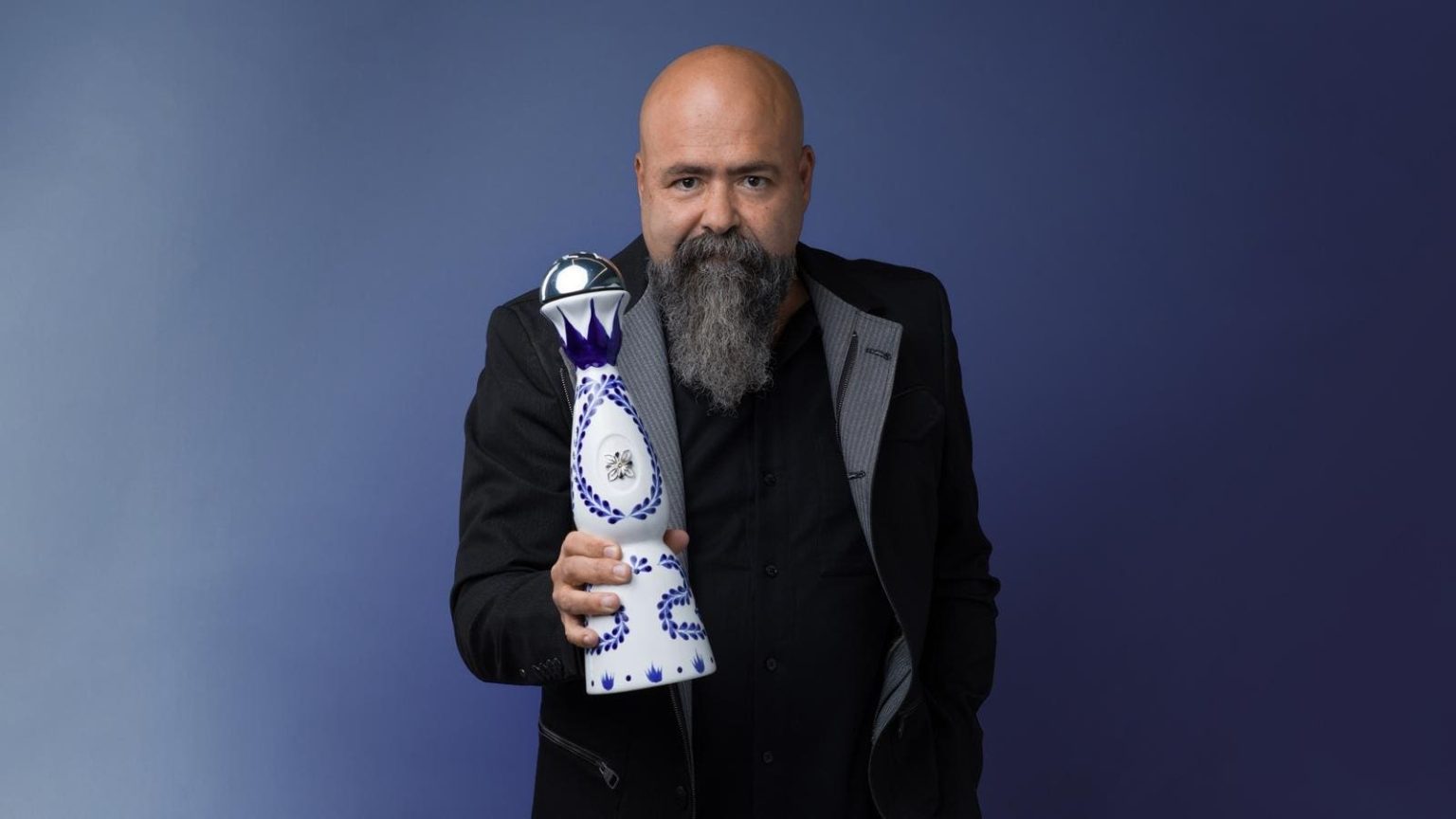Arturo Lomeli, the visionary founder and CEO of Clase Azul, has transformed his super-premium tequila brand into a burgeoning luxury empire. From humble beginnings with failed ventures in pomegranate liquor and generic tequila, Lomeli discovered his niche in crafting a high-end tequila encased in handcrafted ceramic decanters. His commitment to authenticity, from the distillation process to the Mexican ownership of the company, has become the cornerstone of Clase Azul’s success. This dedication, combined with a long-term vision and meticulous vertical integration, has propelled Clase Azul to become one of the most coveted tequila brands globally, exported to 92 countries and gracing the shelves of 200,000 establishments.
Lomeli’s meticulous approach extends to every facet of the business. From the sprawling bottling plant in Jalisco, where artisans meticulously glaze hundreds of ceramic decanters daily, to the in-house production of custom packaging and even metal caps, Clase Azul maintains an unparalleled level of control over its production process. This vertical integration, while seemingly excessive to some, ensures uncompromising quality and reinforces the brand’s commitment to its Mexican heritage. Lomeli’s steadfast refusal to compromise on quality over quantity has cemented Clase Azul’s position in the luxury spirits market. This has garnered praise from industry leaders like Wayne Chaplin, CEO of Southern Glazer, Clase Azul’s long-time distributor, who recognizes Lomeli’s unique vision and unwavering commitment to luxury.
The financial success of Clase Azul is remarkable. While the company keeps its financials private, industry analysts speculate a potential valuation in the billions, mirroring the sky-high multiples seen in recent spirits acquisitions. Forbes estimates a potential worth exceeding $1.5 billion, based on a conservative multiple of 10 times estimated annual sales of $150 million. This impressive figure, surpassing the sales of Casamigos at the time of its billion-dollar acquisition by Diageo, highlights the brand’s strength and potential. The company’s estimated net income margins above 30% and gross margins approaching 70% further solidify its financial prowess, outperforming publicly traded spirits giants. Despite lucrative offers from investors, Lomeli and his brother-in-law and minority shareholder, Juan Sanchez, remain committed to maintaining Clase Azul’s independence and 100% Mexican ownership, emphasizing a long-term, sustainable approach over quick profits.
Lomeli’s journey to success has been a testament to his resilience and unwavering belief in his vision. From the early days of struggling to secure small business loans to narrowly avoiding being defrauded by an American importer, Lomeli has faced and overcome numerous challenges. He credits his stoic philosophy, focusing on controlling his reactions and emotions rather than external circumstances, as a key factor in his ability to weather these storms. This mindset, coupled with the financial acumen of Sanchez, who prioritized profitability over rapid expansion, allowed Clase Azul to retain its equity and build a solid foundation for sustainable growth. Their shared dedication and perseverance have transformed what many perceive as an overnight success into a nearly three-decade-long journey of hard work and dedication.
As Clase Azul’s brand recognition grew, particularly in luxury resorts in Los Cabos, Lomeli strategically expanded the business, even taking on the challenging New York market by personally conducting over 1,000 tastings. He boldly ended his distribution agreement with Southern Glazer in New York to build his own sales force, a move that ultimately paid off, demonstrating Lomeli’s commitment to controlling his brand’s destiny. Despite facing setbacks, such as an overextension of inventory following a failed investment deal and a recent market slowdown requiring factory closures, Lomeli’s adaptability and focus on profitability have allowed Clase Azul to navigate these challenges effectively. His relentless pursuit of control, coupled with a healthy dose of risk-taking, has defined his leadership approach.
Lomeli’s vision extends beyond simply selling tequila. He has cultivated a vibrant community of collectors through exclusive tasting events and personalized concierge services at dedicated spaces like The Loft in Brooklyn. These events, showcasing limited-edition releases and collaborations with Mexican artisans like Fernando Jimón and María Elena López, underscore the brand’s commitment to preserving and celebrating Mexican art and culture. Collectors like Ronak Patel, who have invested significantly in these exclusive releases, appreciate not only the appreciating value of the tequila but also the unique community that Clase Azul has fostered. This focus on community building and cultural preservation marks the next phase of Clase Azul’s evolution, solidifying its position as more than just a tequila brand but a purveyor of Mexican artistry and luxury experiences.
This focus on experience is further exemplified by the development of Clase Azul properties in locations like Tokyo and Los Cabos, featuring high-end restaurants, bars, and boutiques offering exclusive tequilas. The upcoming La Hacienda distillery in Jalisco, designed as an immersive experience for top customers, further cements Lomeli’s vision of creating a holistic luxury brand. This expansion into hospitality and experiential offerings reinforces the company’s long-term strategy of building a loyal customer base and solidifying its position in the luxury market. Lomeli envisions Clase Azul becoming the first Mexican luxury house, extending beyond tequila to encompass ceramics, beer, wine, and even a line of luxury hotels, mirroring the successful diversification of brands like Nobu. This ambitious vision, fueled by Lomeli’s profound passion for Mexican culture and unwavering patience, sets the stage for Clase Azul’s continued growth and evolution as a global luxury brand.

